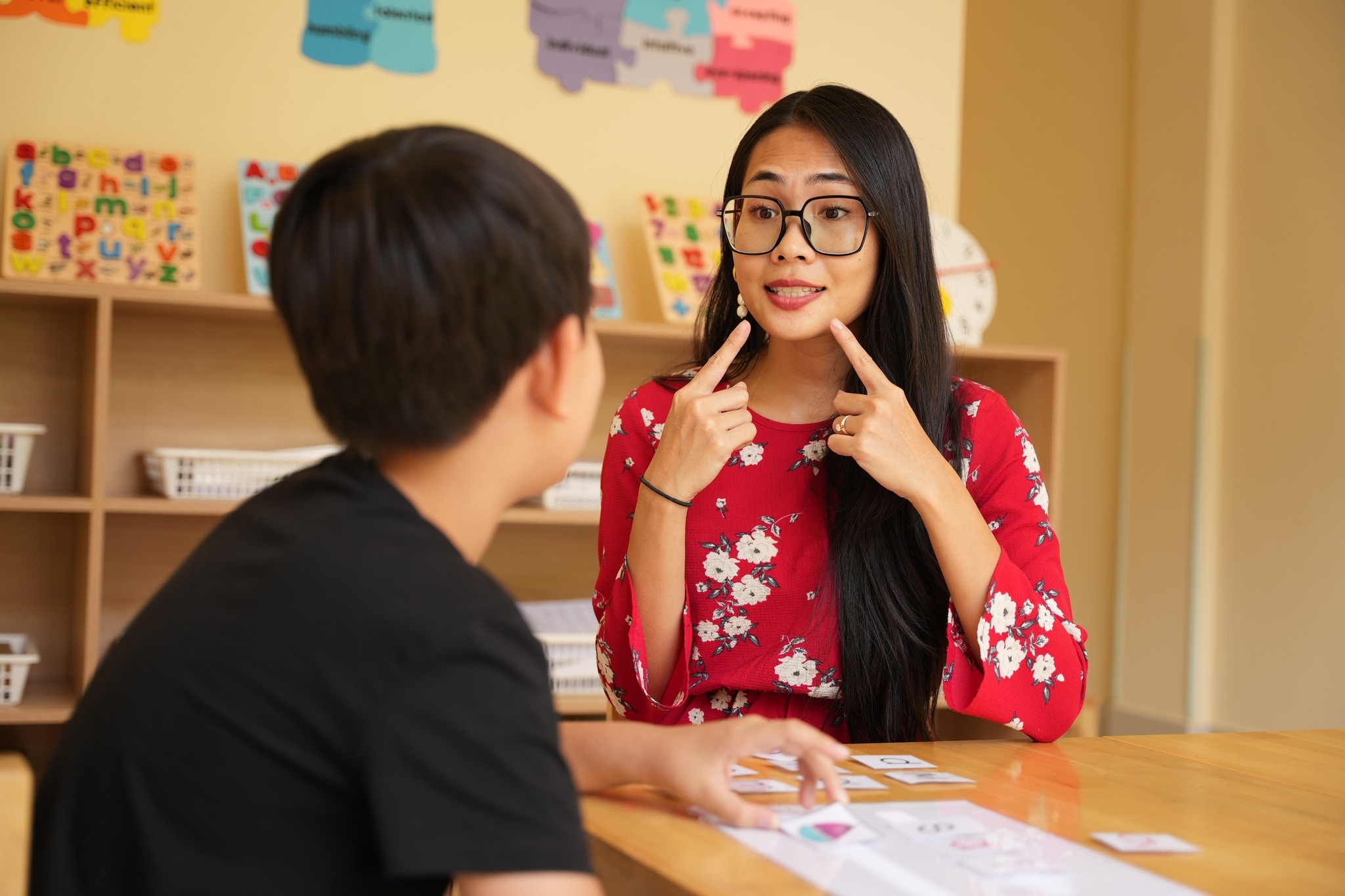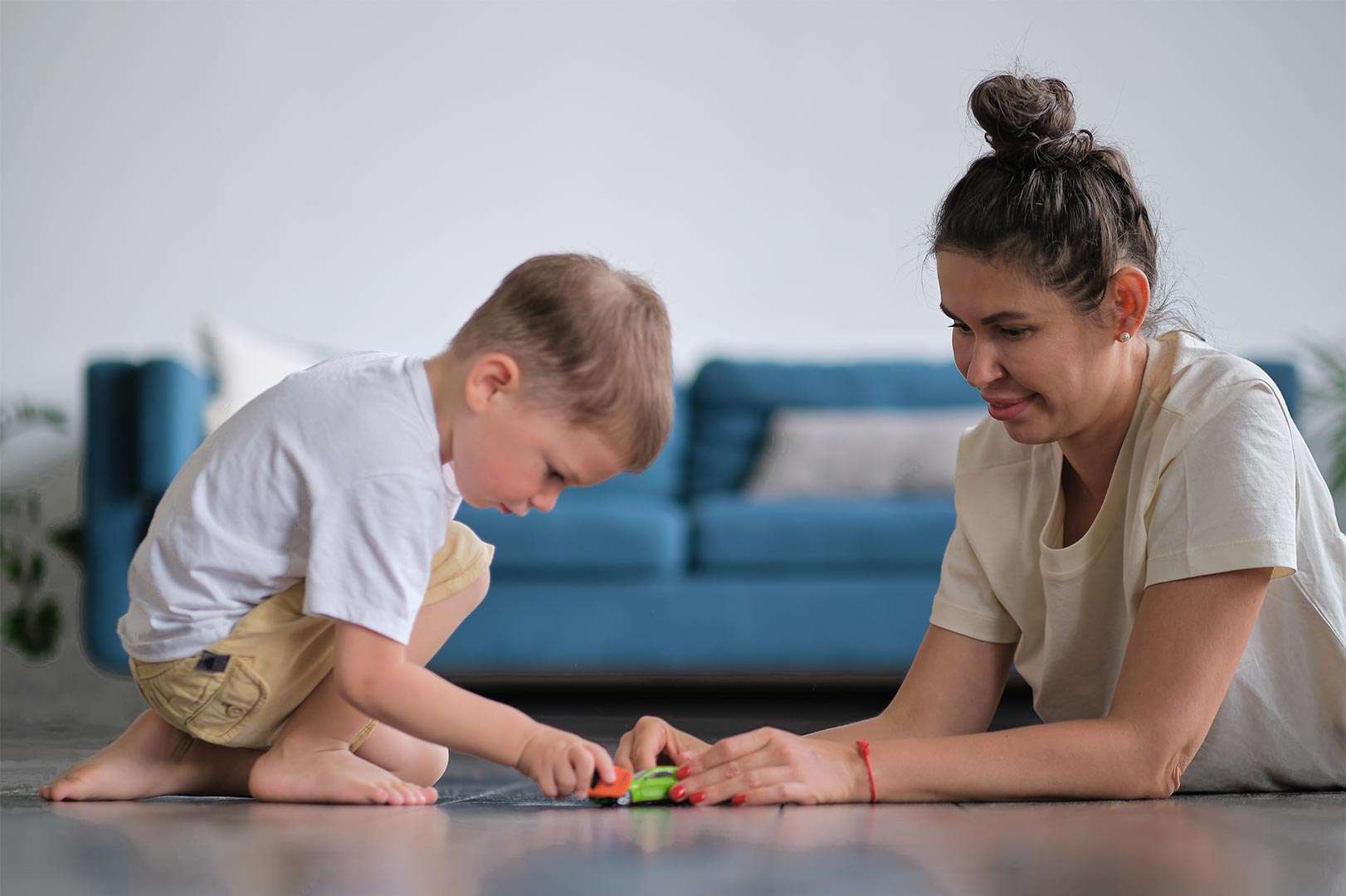Articulation disorders, affecting the way individuals produce speech sounds, are a common concern for parents and educators. While not always a cause for alarm, understanding these disorders can help ensure children receive the support they need to communicate effectively.
What is an Articulation Disorder?
An articulation disorder manifests as difficulty producing specific speech sounds, such as pronouncing “r” as “w” or “th” as “f.” These errors can be caused by imprecise movements of the lips, tongue, teeth, or palate, impacting sound formation and clarity.
Types of Articulation Disorders:
- Substitution: Replacing one sound with another, like saying “wabbit” for “rabbit.”
- Omission: Leaving out a sound altogether, like saying “ain” for “rain.”
- Addition: Adding an unnecessary sound, like saying “fweet” for “sweet.”
- Distortion: Producing a sound incorrectly, like lisping or nasalizing certain vowels.
Causes of Articulation Disorders:
- Developmental delays: Some children naturally develop speech sounds later than others.
- Hearing loss: Difficulty hearing sounds can impact pronunciation.
- Oral structural issues: Tongue ties, cleft palates, or dental malformations can affect sound production.
- Neurological conditions: Certain neurological conditions, like cerebral palsy, can affect speech motor skills.
Identifying an Articulation Disorder:
- Delayed speech development: If a child hasn’t mastered certain sounds by age-appropriate milestones, consult a speech-language pathologist (SLP).
- Unintelligible speech: Difficulty understanding a child’s speech can be a sign of an articulation disorder.
- Frustration and avoidance: Children with articulation disorders may avoid speaking due to difficulty or frustration.
Supporting Children with Articulation Disorders:
- Early intervention: Seeking professional help from an SLP can significantly improve outcomes.
- Speech therapy: Targeted exercises and strategies help children develop proper sound production techniques.
- Patient practice: Consistent practice and positive reinforcement are key to success.
- Collaboration: Communication between parents, educators, and SLPs ensures a comprehensive support system.
Find out if your child needs extra support today!
- My child screams hysterically
- My child is mean to other children
- My child is always worried
- My child is scared to go to school
- My child is scared of loud noises
- My child doesn’t know how to read
- My child is scared to play outside
- My child does not respond to his name
- My child always gets in trouble
- My child fights with other children
- My child doesn’t know how to count
If you are concerned about your child’s development, contact us for Assessments: Phone/Telegram: 077.455.993 – Telegram Link: https://t.me/OrbRom
If you are concerned about your child’s development, contact us for Assessments.
Phone/Telegram: 077.455.993 Link: https://t.me/OrbRom






Leave A Comment